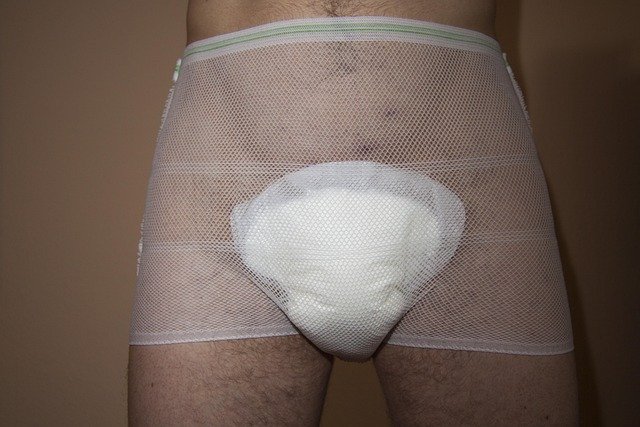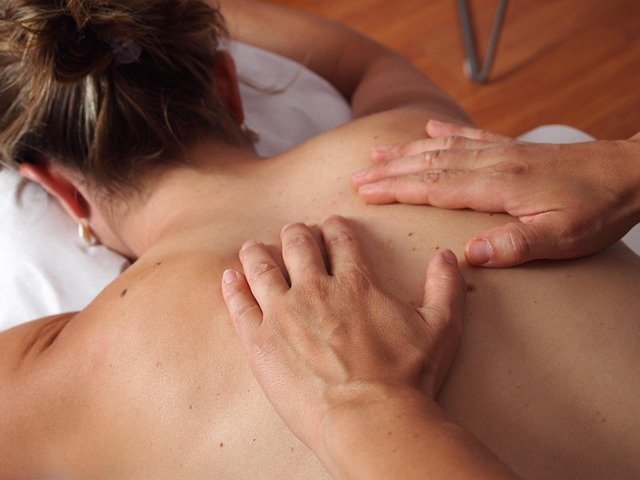Knee Replacement Surgery Recovery Information
Knee replacement surgery, a common orthopedic procedure, aims to alleviate chronic knee pain and restore mobility for individuals with severe joint damage. Understanding the recovery process is crucial for achieving optimal outcomes and regaining independence. This article delves into the typical healing timeline, essential recovery tips, and the factors influencing a successful rehabilitation journey following knee replacement.

This article is for informational purposes only and should not be considered medical advice. Please consult a qualified healthcare professional for personalized guidance and treatment.
Understanding the Knee Replacement Procedure and Why Recovery Matters
Knee replacement surgery, also known as arthroplasty, involves replacing damaged parts of the knee joint with artificial components, typically made of metal and plastic. This procedure is commonly performed to address severe arthritis, such as osteoarthritis, rheumatoid arthritis, or post-traumatic arthritis, when non-surgical treatments no longer provide relief. The primary goals are to reduce pain, correct deformity, and improve knee function and mobility.
The success of a knee replacement is significantly influenced by the recovery process. A diligent and structured rehabilitation program is vital for strengthening the muscles around the new joint, improving range of motion, and ensuring the long-term stability and function of the implant. Neglecting post-operative care can lead to complications, prolonged pain, and reduced mobility, underscoring why a committed approach to recovery is paramount.
Typical Healing Timeline and What Most Patients Experience
The healing timeline for knee replacement surgery varies among individuals, but a general progression can be expected. Immediately after surgery, patients typically experience pain, which is managed with medication. Physical therapy usually begins within 24 hours to encourage early movement and prevent stiffness. Most patients can walk with assistance within a day or two and are discharged from the hospital within a few days to a week.
During the first few weeks, swelling and discomfort are common. The focus of rehabilitation during this period is on pain management, wound care, and gradually increasing knee flexion and extension. By 3 to 6 weeks, many patients can walk with less assistance, and daily activities become easier. Full recovery, including significant strength and range of motion, often takes 3 to 6 months, though continued improvement can occur for up to a year or more. Adherence to physical therapy exercises is a key factor in progressing through these stages effectively.
Tips to Speed Up Recovery and Improve Long-Term Mobility
Active participation in rehabilitation is the cornerstone of a successful recovery. Following your physical therapist’s instructions precisely is essential. Regular, gentle exercises designed to strengthen the quadriceps and hamstring muscles, improve flexibility, and increase the knee’s range of motion are crucial. Consistency in these exercises, even on days when discomfort is present, can significantly impact the speed and quality of recovery.
Managing pain effectively allows for better participation in therapy. Ice packs, elevation, and prescribed pain medication can help control swelling and discomfort. Maintaining a healthy diet rich in protein and vitamins supports tissue healing. Avoiding activities that put excessive stress on the knee, such as twisting or heavy lifting, is also important. Creating a safe home environment, free of tripping hazards, and using assistive devices as recommended, further aids in a smooth recovery and helps improve long-term mobility.
Knee replacement surgery involves various costs, and these can differ significantly based on factors such as geographic location, the specific hospital or surgical facility, the surgeon’s fees, the type of implant used, and the extent of post-operative care required, including physical therapy and rehabilitation. It is important to note that these costs are estimates and can fluctuate. Patients should discuss all potential expenses with their healthcare providers and insurance companies.
| Cost Component | Description | Estimated Range (USD) |
|---|---|---|
| Surgeon’s Fees | Professional fees for the orthopedic surgeon. | $5,000 - $15,000 |
| Hospital/Facility Fees | Operating room, recovery room, hospital stay. | $15,000 - $30,000 |
| Anesthesia Fees | Services provided by the anesthesiologist. | $1,000 - $3,000 |
| Implant Costs | Price of the artificial knee joint components. | $4,000 - $10,000 |
| Physical Therapy | Post-operative rehabilitation sessions. | $500 - $5,000+ |
| Medications | Pain management, antibiotics, etc. | $100 - $500 |
Prices, rates, or cost estimates mentioned in this article are based on the latest available information but may change over time. Independent research is advised before making financial decisions.
Successful recovery from knee replacement surgery is a journey that requires patience, dedication, and a proactive approach to rehabilitation. By understanding the surgical procedure, adhering to the typical healing timeline, and diligently following post-operative care instructions, individuals can significantly enhance their chances of a positive outcome. The commitment to physical therapy and a supportive environment are key elements in regaining function and improving overall quality of life after knee replacement.




